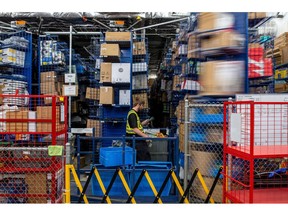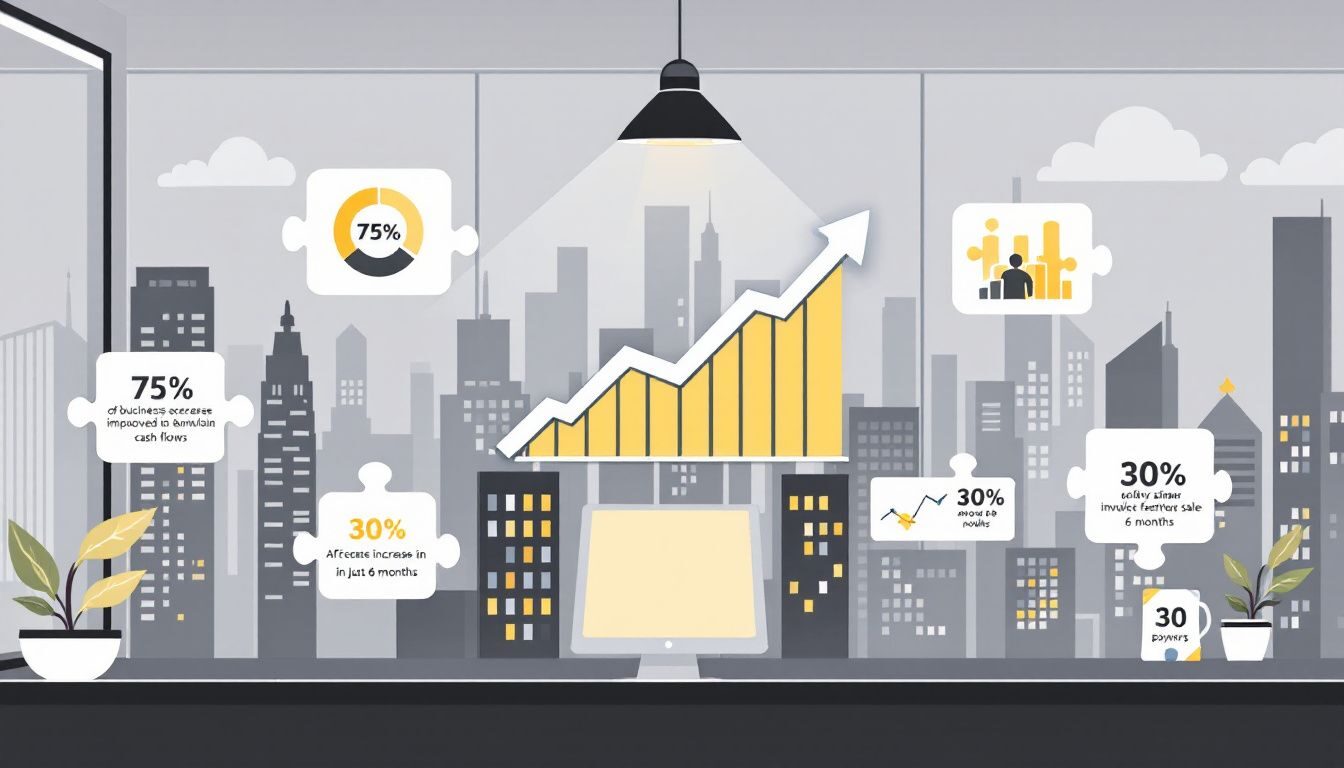(Bloomberg) — Sign up for the New Economy Daily newsletter, follow us @economics and subscribe to our podcast.

Article content
(Bloomberg) — Sign up for the New Economy Daily newsletter, follow us @economics and subscribe to our podcast.
Advertisement 2
Article content
While inflation is “far too high” and exacerbated by external factors like the war in Ukraine, Canada’s finance minister says the economy can withstand the pressures and avoid a crash.
“Inflation is certainly elevated and I would say is our biggest concern right now,” Canadian Finance Minister Chrystia Freeland told Bloomberg Television’s Haslinda Amin on the sidelines of the Group of 20 finance chiefs meeting in Bali, Indonesia. “The Bank of Canada has been acting forcefully and I think it is entirely reasonable to hope for a soft landing.”
Bank of Canada’s recent 100-basis-point interest-rate hike triggered expectations that the Federal Reserve could match the increase later this month and set off a fresh flurry of worldwide tightening that threatens to destabilize markets. Freeland said the government “really respects the independence” of the central bank and that monetary and fiscal policy were working in tandem in Canada to damp inflation, which accelerated to a four-decade high in May.
Advertisement 3
Article content
The monetary authority has the “mandate, the tools, and the will” to bring inflation down and the fundamentals of the Canadian economy are “very strong,” including unprecedented low levels of unemployment, flush natural resources and agricultural commodities production, she said.
Asked whether the government bore some responsibility for inflation in light of Covid-era spending, Freeland argued Canada’s debt remains lower than many developed peers. “Now is the time to have a real eye on fiscal responsibility, and that’s what we’re doing,” she said.
Worried early in the pandemic about a potential “lost generation” of stalled workers and businesses, the fiscal authorities spent a lot of money “to get Canadians through it and to prevent economic scarring,” she said. “I feel very, very confident we did the right thing and that it worked.”
Advertisement 4
Article content
Tax Troubles
As Freeland gathered among G-20 peers for the second and final official day of meetings, one global initiative on the agenda was suffering another hurdle stemming from Washington. The OECD- and US-led global tax deal struck last year among almost 140 countries hit another wall as the US Congress delayed a critical vote for its implementation.
With passage by the leading economy in limbo, some governments have started to question whether they should stall their own implementation to avoid being disadvantaged by uneven application of the global corporate minimum tax rate.
Freeland said of the deal that there was “more work to do” but that she believed the “positive intent” and that Canada remained committed to doing its part.
“It’s really really important, and I think it’s also important now at a time when the whole idea of multilateralism is facing a lot of challenges,” she said, calling the deal “huge and transformative.”


